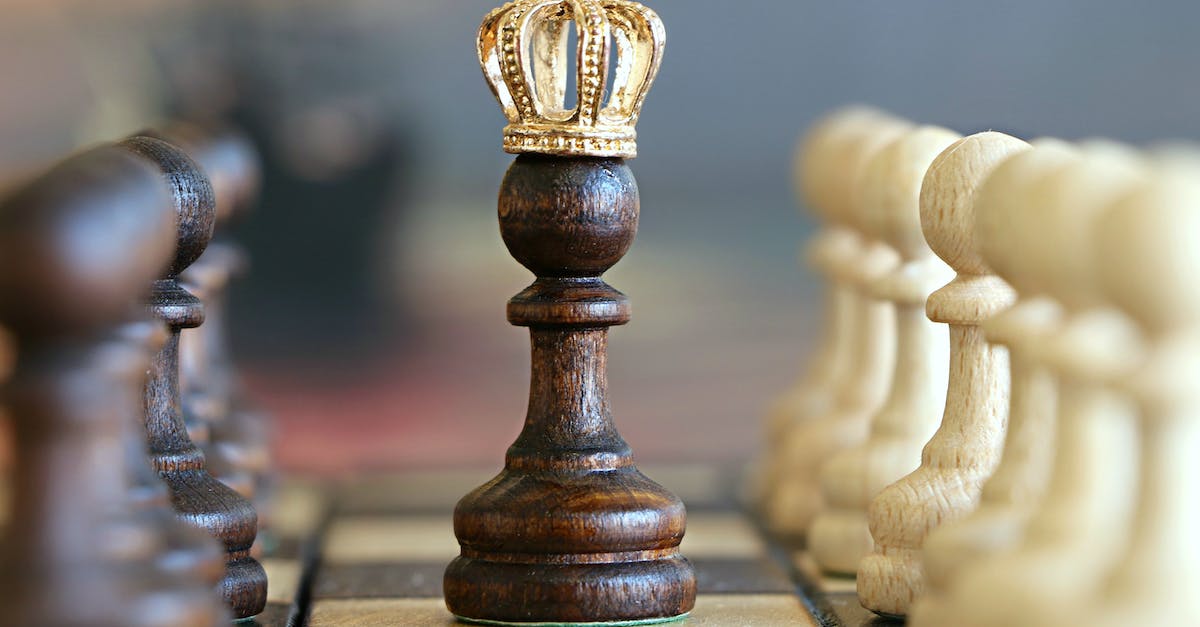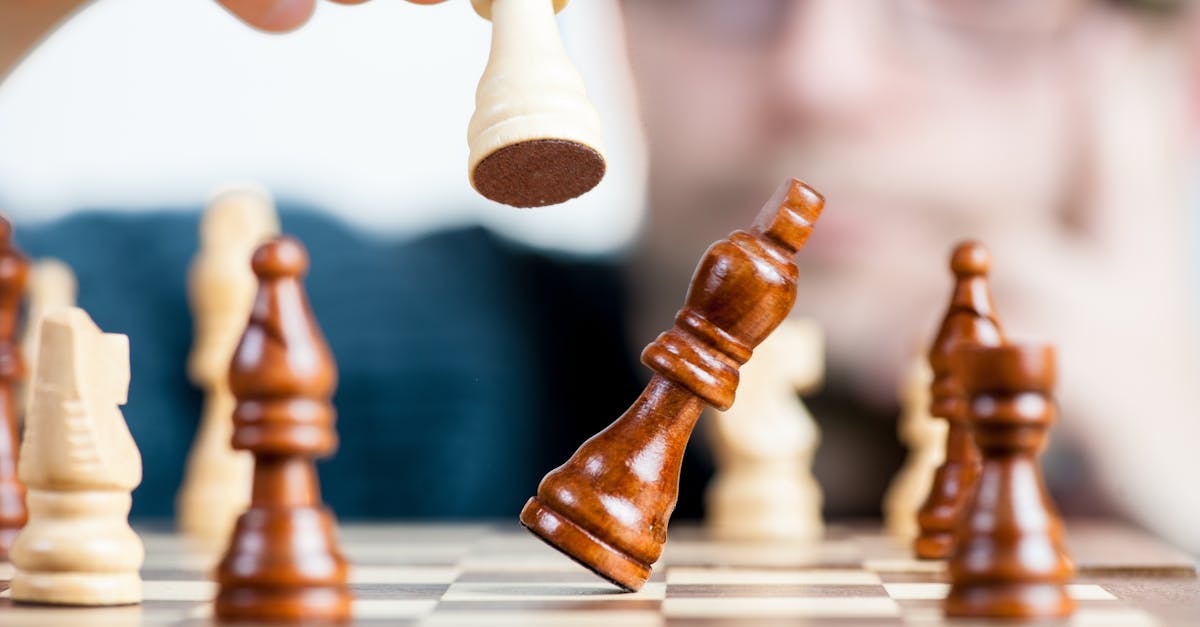Are you looking to learn how to play chess, from opening moves to endgame strategies? Whether you are a beginner or looking to improve your game, this blog will cover all the essentials of chess rules, strategies, and basics. Chess is a game of skill and strategy, and mastering it can be a rewarding experience. In this article, we will walk you through the chess tutorial you need to get started and improve your game. Let’s dive in and explore the world of chess!
Main Points
- Understanding the basics of chess
- Learning opening moves and strategies
- Mastering mid-game tactics
- Endgame strategies and techniques

The Basics of Chess
Chess is a game that has been played for centuries and is enjoyed by people of all ages and backgrounds. It is a game of strategy, skill, and patience, and it is important to understand the basics before delving into more advanced tactics.
Key Points to Understand:
- Chess rules: Understanding the basic rules of chess, such as how each piece moves and captures, is essential for playing the game.
- Chess strategies: Learning various chess strategies, such as controlling the center of the board and developing your pieces, is crucial for success.
- Chess basics: Familiarizing yourself with beginner tactics and openings will set a strong foundation for your chess skills.
By grasping these key points, you can start to develop your skills and enjoy the game of chess even more. Practice, patience, and perseverance are essential for becoming a better chess player.
Strategies and Tactics in Chess
Welcome to our beginners’ guide to chess! In this tutorial, you will learn the fundamental strategies and tactics that will help you master the game of chess. As you immerse yourself in the world of chess, it is essential to understand the importance of strategic thinking and tactical maneuvers.
Basic Chess Strategies
Chess is a game of strategy and every move matters. Some key strategies for beginners include controlling the center of the board, developing your pieces, and protecting your king. By focusing on these fundamental strategies, you can set the stage for a successful game.
Tactical Maneuvers
Once you have a solid understanding of basic strategies, you can start delving into tactical maneuvers such as pins, forks, and skewers. These crucial tactics can help you gain a decisive advantage over your opponent.
| Strategy | Tactic |
|---|---|
| Center Control | Pins |
| Piece Development | Forks |
| King Safety | Skewers |
By incorporating these strategies and tactics into your gameplay, you can enhance your skills and dominate your opponents on the chessboard. Stay tuned for more chess tutorials and level up your game!
Understanding Chess Openings
When it comes to playing chess, understanding the openings is crucial. The first few moves can set the tone for the entire game, so it’s essential to have a good grasp of opening principles. By studying different opening strategies and learning how to control the center of the board, players can gain a significant advantage from the very beginning. Whether you prefer a solid and defensive opening or a more aggressive approach, mastering the openings is key to becoming a formidable chess player.
Mastering Endgame Techniques in Chess
So you’ve made it to the endgame in a game of chess. The final phase where every move can make or break the game. It’s crucial to master endgame techniques to secure victory. Here are some essential endgame strategies to keep in mind:
1. King Activity
Keep your king active and central. In the endgame, the king becomes a powerful piece, so use it to your advantage.
2. Pawn Promotion
Advancing a pawn to the eighth rank and promoting it to a queen can turn the tables in the endgame. Don’t underestimate the power of a promoted pawn.
3. Piece Coordination
Coordinate your pieces effectively in the endgame. Working together, your pieces can create powerful threats and opportunities.
By understanding and implementing these endgame techniques, you can improve your chances of success in the final phase of a chess game.
Advanced Chess Principles and Theories
Chess is not just a game of strategy, but it is also a game of principles and theories that can help players improve their skills. Understanding advanced chess principles such as prophylaxis, positional play, and endgame technique can take your game to the next level. By studying these concepts and implementing them into your games, you can become a more formidable opponent and enjoy the game even more.
Frequently Asked Questions
How do you set up a chess board?
The board should be set up so that each player has a white square at the right-hand side of the board.
What are the movements of each chess piece?
Each piece has its own unique way of moving around the board. For example, the bishop moves diagonally, the knight moves in an L-shape, etc.
Can a pawn move backwards?
Pawns can only move forward, but they capture by moving diagonally.
How do you end a chess game?
A game of chess can end in several ways, including checkmate, stalemate, resignation, and draw agreements.
What is a castling move?
Castling is a special move involving the king and a rook that helps to protect the king while activating the rook.


It’s appropriate time to make some plans for the future and it’s
time to be happy. I have read this post and if I could I
want to suggest you some interesting things or advice.
Maybe you could write next articles referring to
this article. I wish to read more things about it!